Start your day with health news, readers can also read more articles: If you have digestive disorders, try these foods; What should you eat to reduce bad fat in your blood? ...
Avocado is nutritious but who should avoid eating it?
Avocados are a very healthy fruit with abundant nutrients, especially healthy fats and antioxidants. Many studies have proven the benefits of avocados in improving cardiovascular health, digestion and preventing chronic diseases. However, some people should limit their consumption of this fruit.
Avocados are not only rich in healthy fats and antioxidants, but they are also rich in fiber, protein, potassium, magnesium, vitamins C, E, K, and B6. However, people with kidney disease should limit eating avocado
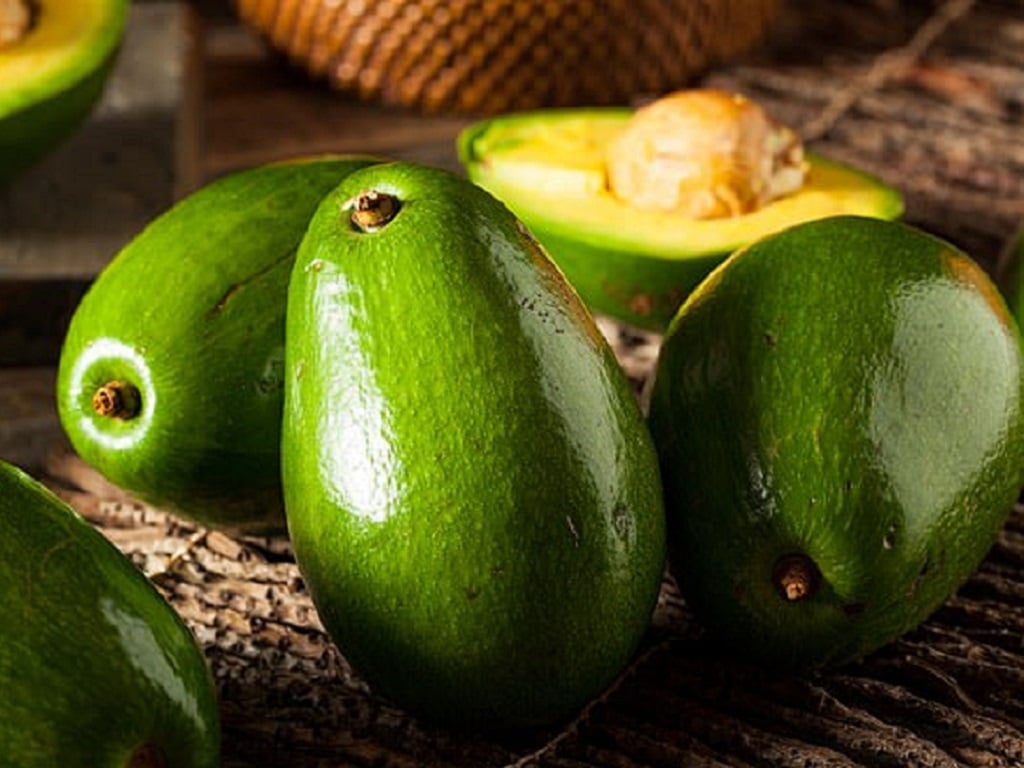
People with kidney disease should limit their intake of avocados because this fruit contains a lot of potassium and can be harmful to the kidneys.
People with kidney disease are often told to limit or avoid foods high in sodium, potassium, and phosphorus because their kidneys are already weakened and these minerals can be harmful to the kidneys.
One of the most important functions of the kidneys is to maintain healthy potassium levels in the body by filtering potassium and excreting it through urine. When you have kidney disease, this function becomes impaired.
If you eat avocado regularly, you will be at risk of hyperkalemia. Symptoms of this condition include muscle weakness, tingling, numbness, nausea and vomiting. Readers can read more about this article on the health page on January 30 .
If you have indigestion, try these foods.
Almost everyone experiences indigestion from time to time. Common symptoms of indigestion include nausea, vomiting, bloating, and diarrhea.
There are many causes of indigestion and there are different treatments, depending on its cause.
Here are some good foods for people with digestive disorders.
Ginger. Nausea and vomiting are common symptoms of indigestion. Ginger is a popular natural remedy for these symptoms.
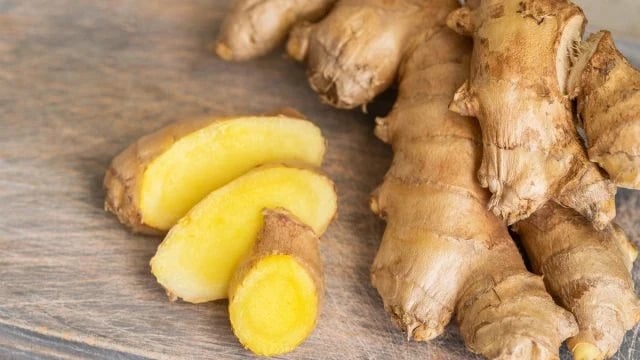
People with nausea can eat raw ginger, cooked ginger, soaked in hot water.
People with nausea can eat ginger raw, cooked, steeped in hot water, or as a supplement. According to Healthline , all of these ginger uses are effective in helping to combat nausea and vomiting.
Additionally, some people use ginger as a natural remedy for motion sickness. It may help reduce nausea and make the person with motion sickness feel more comfortable.
Peppermint. Taking peppermint oil capsules daily for as little as two weeks can significantly reduce stomach pain, bloating, and diarrhea.
Researchers believe that peppermint oil relieves stomach pain by relaxing the muscles in the digestive tract, reducing the severity of intestinal spasms that can cause pain and diarrhea. The next part of this article will be on the health page on January 30.
What should I eat to reduce bad fat in my blood?
Nutritionist Nguyen Thu Ha (South Saigon International General Hospital) said that bad blood fat (also known as LDL - cholesterol, Triglyceride, Trans-fat) can increase after a meal with a lot of fatty foods. Eating a lot of foods rich in saturated fat, trans fat and cholesterol, over time can lead to increased bad blood fat in the body, which is very dangerous because it can cause the risk of cardiovascular disease. Specifically, foods such as animal fat, red meat, processed foods, fast food and foods high in sugar can affect the amount of fat in the blood.
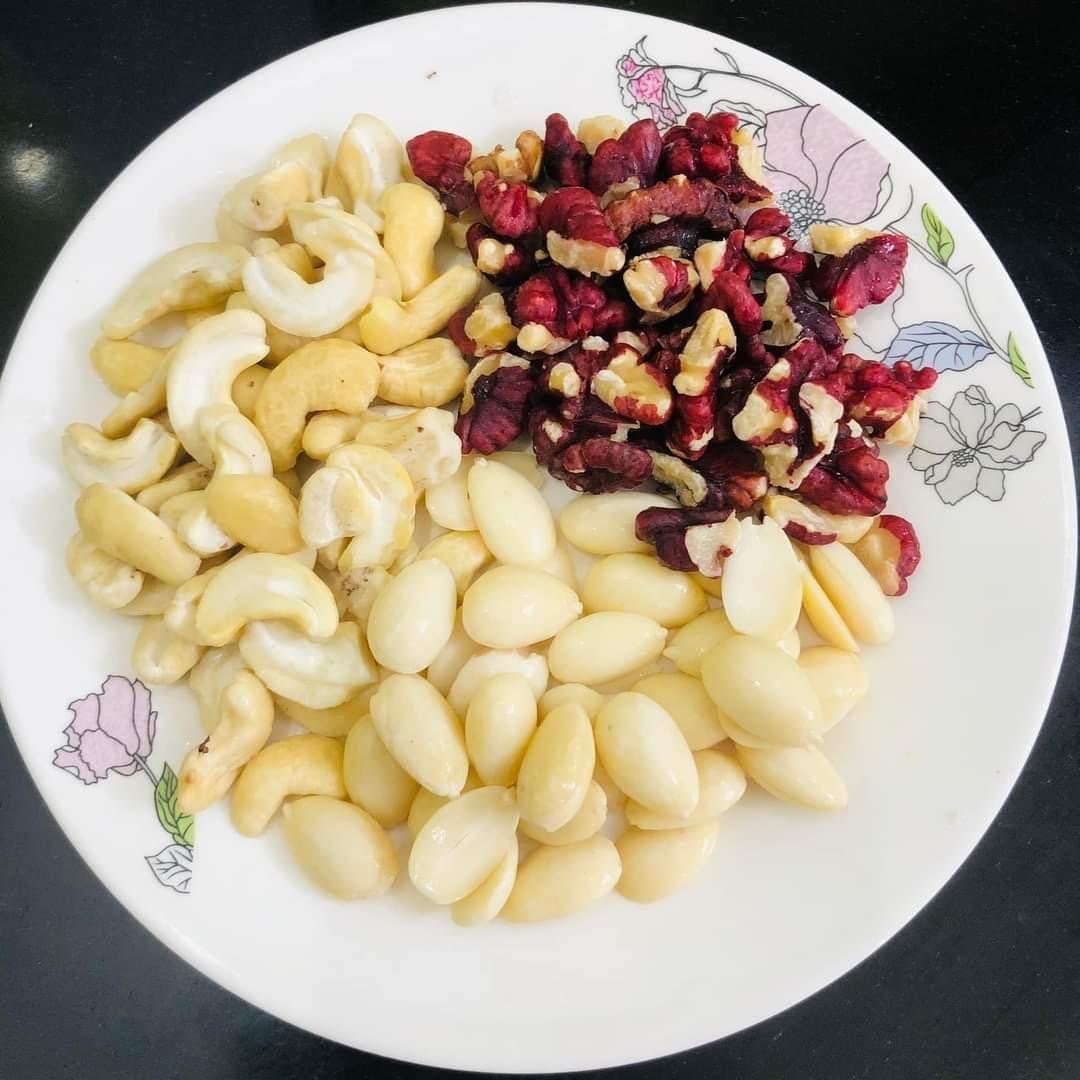
Diet rich in fiber and nuts helps reduce bad fat
“Therefore, it is necessary to maintain a balanced diet, rich in fiber and low in saturated fat and sugar to protect health. Choosing healthy foods such as whole grains, vegetables, salmon, flax seeds, chia seeds and olive oil can help support cardiovascular health by reducing bad blood fats and increasing good blood fats. Good blood fats (also known as HDL - cholesterol) help transport cholesterol from parts of the body back to the liver for the liver to break down and remove. In addition to diet, the habit of maintaining a sedentary lifestyle with little exercise also contributes to increased blood fats,” Dr. Ha added.
To reduce bad cholesterol in the blood, you can focus on a healthy diet and lifestyle changes. Here are some foods and eating habits that can help protect your health:
A diet rich in fiber. Soluble fiber can reduce the absorption of bad fats, especially cholesterol into the blood, and insoluble fiber slows down digestion, making you feel full longer. Fresh vegetables, whole grains, oats, quinoa, millet, chia seeds, flax seeds, walnuts, soybeans... and some fruits rich in fiber and low in sugar such as guava, apple, avocado, orange, fig, kiwi, berries...
Increase good fats. Fat is a component of nerve tissue, cell membranes, is an environment that helps dissolve and transport vitamins, is a source of energy for the body and helps maintain body temperature. You should maintain a moderate amount of fat consumption and increase your choice of eating unsaturated fats such as omega-3 and omega-6. Fish is a great choice, some types of fish such as salmon, carp, herring, mackerel, anchovies are rich in omega-3 fatty acids. Start your day with health news to see more of this article!
Source link


![[Photo] Prime Minister Pham Minh Chinh chairs the Government's special meeting on law-making in April](https://vstatic.vietnam.vn/vietnam/resource/IMAGE/2025/4/13/8b2071d47adc4c22ac3a9534d12ddc17)
![[Photo] National Assembly Chairman Tran Thanh Man attends the ceremony to celebrate the 1015th anniversary of King Ly Thai To's coronation](https://vstatic.vietnam.vn/vietnam/resource/IMAGE/2025/4/13/6d642c7b8ab34ccc8c769a9ebc02346b)
![[Photo] National Assembly Chairman Tran Thanh Man attends the Policy Forum on Science, Technology, Innovation and Digital Transformation](https://vstatic.vietnam.vn/vietnam/resource/IMAGE/2025/4/13/c0aec4d2b3ee45adb4c2a769796be1fd)



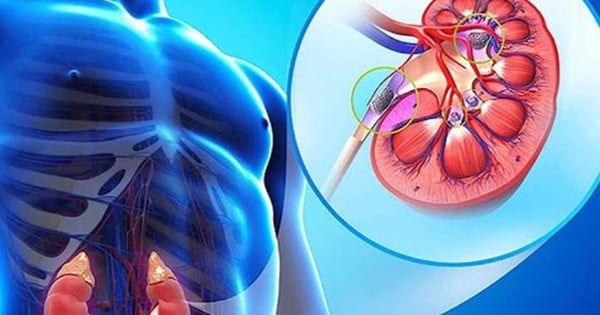








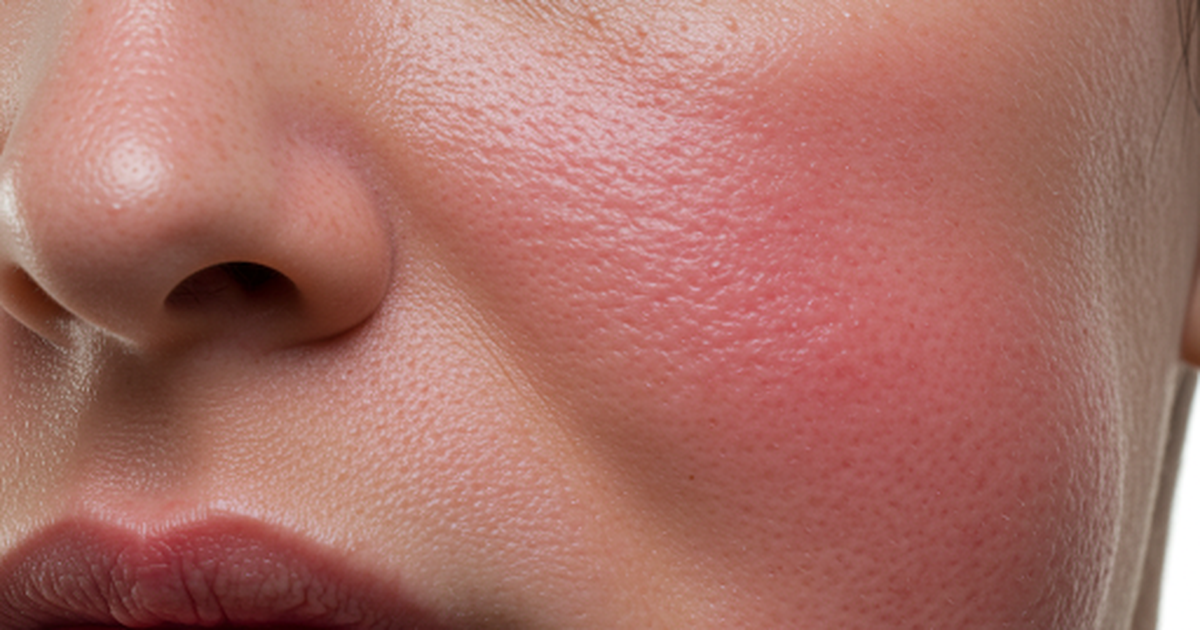
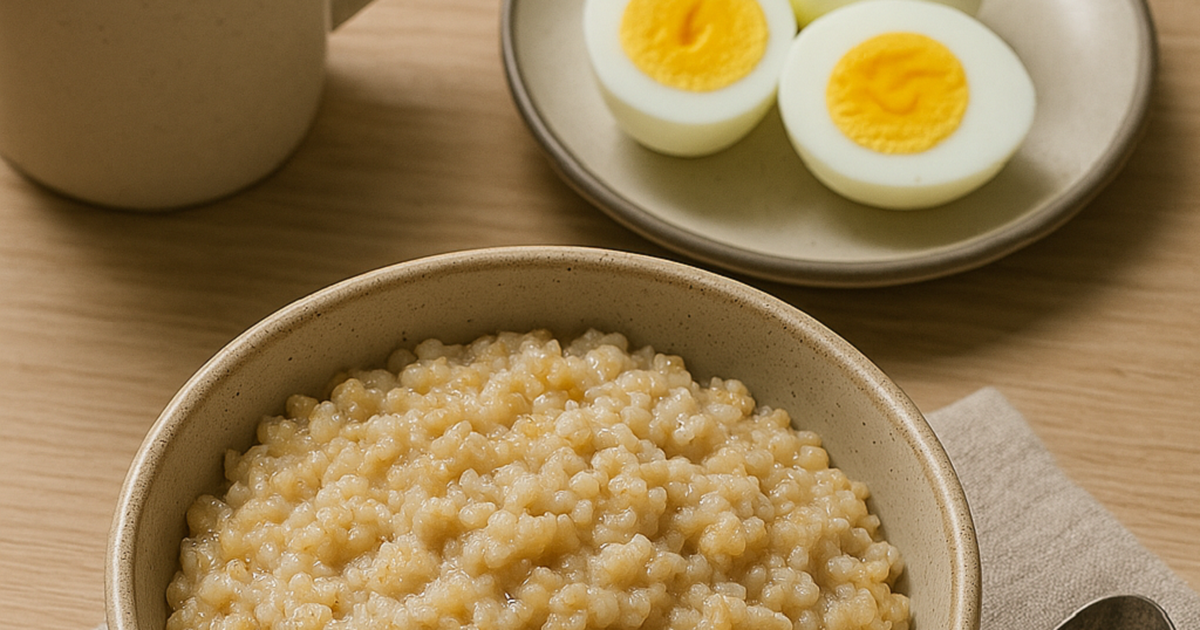































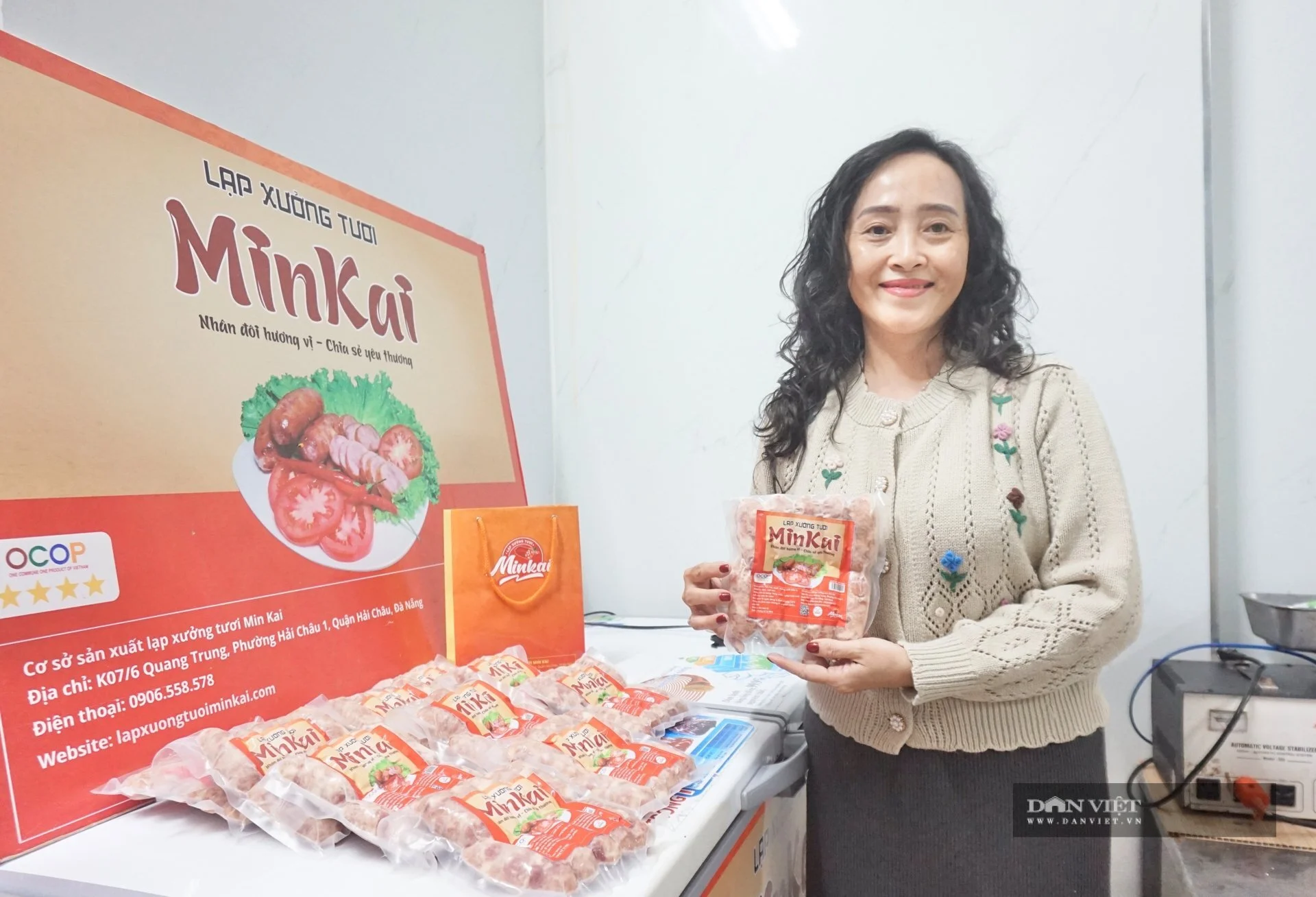














































Comment (0)